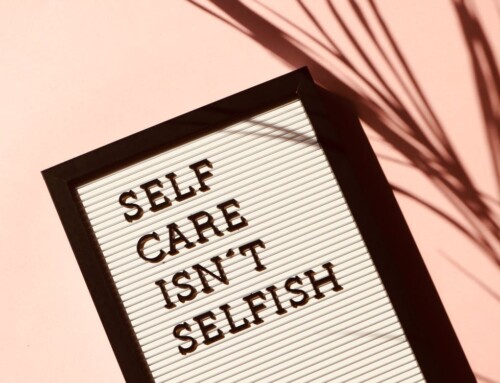To Spank or Not to Spank? That is the question.
“Spare the rod and spoil the child” is a saying that has governed the idea of parenting for many years.
A study conducted by Johns Hopkins Bloomberg School of Public Health suggests that parents should reconsider spanking their children before the age of two. Children that receive physical chastisement prior to two years-old may have increased behaviors challenges during their school-age years.
Fox 35 News interviews Child Adolescent Expert Jada Jackson
Additionally, studies show that spanking and other forms of negative touch have a positive correlation with increased aggression in children. But these results are mostly a product of the long-term effects of spanking. What about now? What are the immediate effects of spanking/hitting children?
 Researcher Kathy Stansbury and colleagues performed a study on the effects of spanking. Researchers in this study watched 106 public caregiver-child interactions that involved a child refusing to comply with a request and the caregiver having to correct the child. Researchers found that negative touch (e.g. spanking) did not encourage children to comply at all. In fact, positive touch (e.g. hugging) is actually what increased the likelihood of compliance.
Researcher Kathy Stansbury and colleagues performed a study on the effects of spanking. Researchers in this study watched 106 public caregiver-child interactions that involved a child refusing to comply with a request and the caregiver having to correct the child. Researchers found that negative touch (e.g. spanking) did not encourage children to comply at all. In fact, positive touch (e.g. hugging) is actually what increased the likelihood of compliance.
Is a pat on the head really more effective than spank? According to this study it is, at least when it comes to compliance. Here are tips to assist in effective discipline.

9 Tips for Effective Discipline:
- Trust your child to do the right thing within the limits of your child’s age and stage of development.
- Make sure what you ask for is reasonable.
- Speak to your child as you would want to be spoken to if someone were reprimanding you. Don’t resort to name-calling, yelling, or disrespect.
- Be clear about what you mean. Be firm and specific.
- Model positive behavior. “Do as I say, not as I do” seldom works.
- Allow for negotiation and flexibility, which can help build your child’s social skills.
- Let your child experience the consequences of his behavior.
- Whenever possible, consequences should be delivered immediately, should relate to the rule broken, and be short enough in duration that you can move on again to emphasize the positives.
- Consequences should be fair and appropriate to the situation and the child’s age.
More Videos on This Topic
NOTE: you can freely redistribute this resource, electronically or in print, provided you leave the authors contact information below intact.
AUTHOR: Jada Jackson, MS, LMHC – Communicator, Coach & Licensed Mental Health Counselor provides Family Counseling Services in Fort Worth. If you are in need of Family Therapy Services you can reach Jada at: (469) 757-5215






Leave A Comment